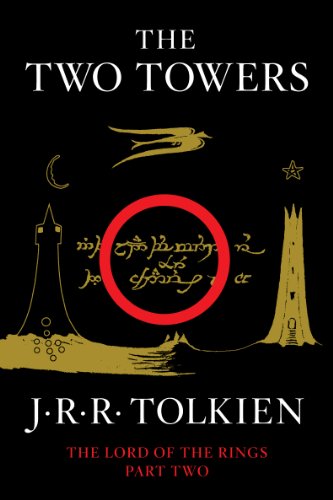“Vanity, vanity,” said the author of Ecclesiastes, “all is vanity.” Most modern people, on hearing that verse in the King James version, assume it refers to an attitude of arrogant self-centeredness.
In fact, though (as I’m sure all our readers know), the meaning of “vanity” has changed over time. Nowadays, a better translation would be, “meaninglessness” or “futility.”
I think I’m guilty of both.
I learned that translators are not customarily listed in production credits in movies and TV. This began to nag at me, because I expect someone, someday, to challenge me on whether I participated in Atlantic Crossing (and other fine productions, I hope). I won’t be able to say, “Pause the credits on the DVD. My name’s right there.”
So I joined IMDb Pro today. I hesitated, because membership isn’t pocket change. But finally I went ahead and did it, and attached my name to the Atlantic Crossing IMDb page. I’m not sure how much non-members can see, but I can now be found under “Series Additional Crew.” At the very bottom, until such time as the Master of the Feast shall call me up unto a higher place.
This action plunged me immediately into confusion and distress.
Was this hubris? Where did I get off, trying to pass myself off as an entertainment professional?
On the continuum between self-abasement and self-aggrandizement, I never know where the sweet spot is. All I know is, I’m usually at one extreme or another, and mistaken about it. I have two great regrets in my life – not putting myself forward enough, and ever putting myself forward at all.
The great thing is that I’m pretty sure nobody will ever notice.




